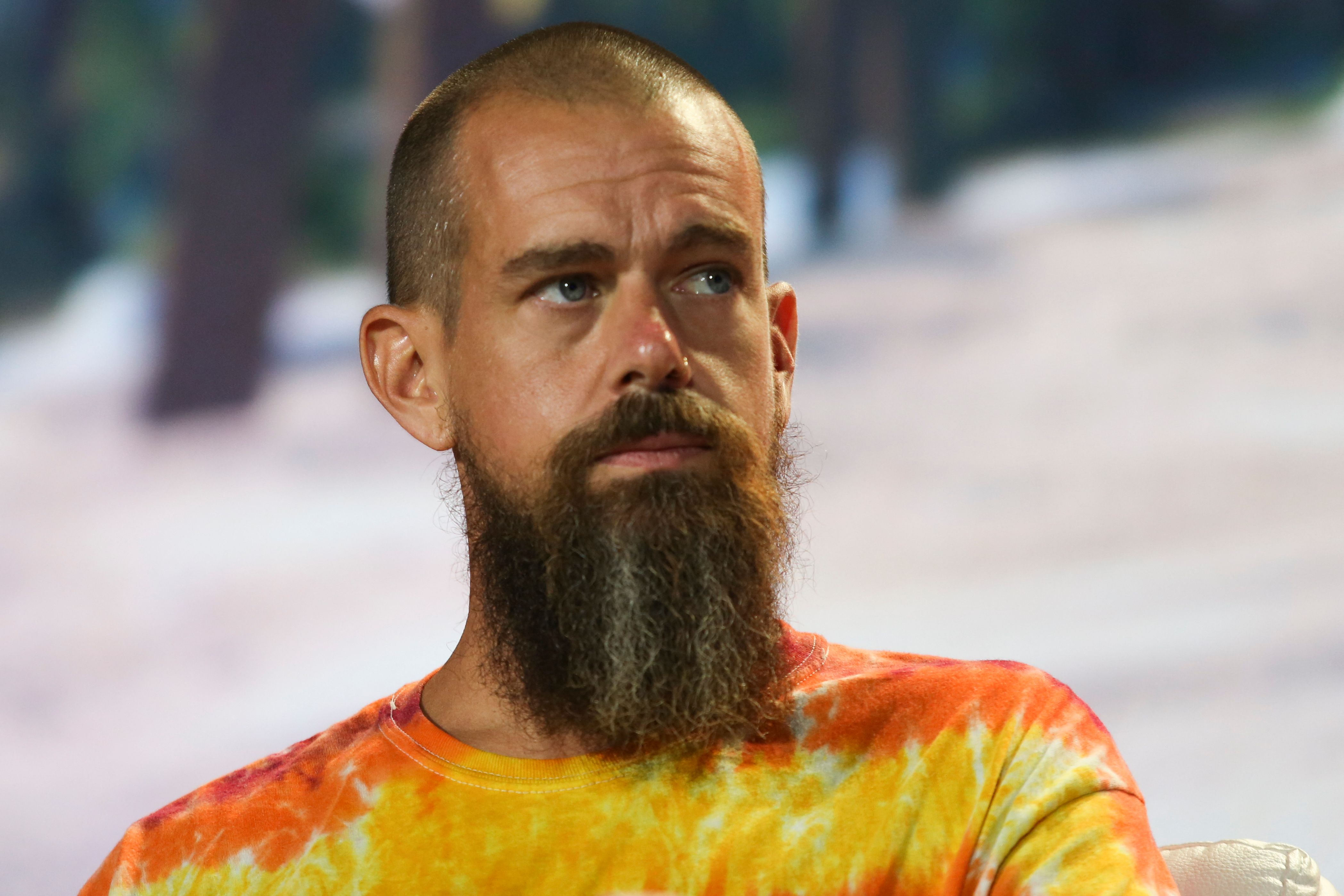A sudden exit for Twitter's CEO
Jack Dorsey rejects the cult of the founder

A free daily email with the biggest news stories of the day – and the best features from TheWeek.com
You are now subscribed
Your newsletter sign-up was successful
The smartest insight and analysis, from all perspectives, rounded up from around the web:
Even by Silicon Valley standards, Twitter's Jack Dorsey was an eccentric chief executive, said Kate Conger and Lauren Hirsch in The New York Times. Known for his foot-long bushy beard, eating one meal a day, and meditating religiously, the co-founder of the social media company "became a celebrity outside of Silicon Valley, parodied on Saturday Night Live." But this week Dorsey bowed to "questions about his leadership and focus" from employees and investors, turning over Twitter's top job to Parag Agrawal, a top aide and confidant. Dorsey's time at Twitter's helm was often tumultuous. He was fired in 2008, a year after Twitter was launched, and then returned in 2015. For years, Dorsey "navigated years of pressure from investors who thought Twitter did not make enough money" and criticism from Republican lawmakers who contend that Twitter has "stifled conservative voices." But much of his attention seemed to be elsewhere, including on his other company, the financial services firm Square. When Twitter banned Donald Trump after the Jan. 6 Capitol riot, the decision was made by one of Dorsey's subordinates — while Dorsey himself was "on a private island in French Polynesia."
Dorsey is making a clean break, said Jena McGregor in Forbes. Founders often exit the CEO job "only to hang on as executive chairman or a director." But "Dorsey is leaving both roles." It's probably the right move. Leaders who stick around tend to add pressure on their successor. Dorsey first scribbled the idea for Twitter on a legal pad, said Scott Rosenberg in Axios. But recent years have shown that running a social media company is a lot more political than whimsical. Users blame Twitter and Facebook for "polarizing national politics, abusing personal information, and letting hate speech run rampant," and executives are regularly hauled before Congress to get harangued by lawmakers. What's the fun in that?
The Week
Escape your echo chamber. Get the facts behind the news, plus analysis from multiple perspectives.

Sign up for The Week's Free Newsletters
From our morning news briefing to a weekly Good News Newsletter, get the best of The Week delivered directly to your inbox.
From our morning news briefing to a weekly Good News Newsletter, get the best of The Week delivered directly to your inbox.
Agrawal appears a lot more "straightforward" than his old boss, said The Economist. He is an engineer with a Ph.D. in computer science from Stanford University. Still, he has some ambitious goals. One is to transform the company from a social media service into a decentralized platform hosting all "conversation on the internet." Whatever direction Twitter goes, it will still "have an outsize impact on American politics in 2022," said Emily Birnbaum and Alexandra Levine in Politico. Already, "conservative activists and lawmakers have heaped attacks" on Agrawal for suggesting that "free speech" has limitations. Democratic lawmakers said they intend to keep pressure on him to clean up hate speech and disinformation.
The cult of the Silicon Valley founder may be fading — again, said Ellen Huet in Bloomberg. "In the early days of today's top companies, the prevailing attitude was that starry-eyed founders had great ideas but couldn't lead." Steve Jobs at Apple flipped that script; Elon Musk and Mark Zuckerberg have followed in his footsteps. Dorsey is "one of the people who has benefited most" from the lionization of founders. But his struggles to win over investors demonstrate the limits of the model. Dorsey himself offered an astute analysis this week, noting that founder-led companies have a "single point of failure." The comment deserves attention: As often as not, Dorsey has been ahead of the trend.
This article was first published in the latest issue of The Week magazine. If you want to read more like it, you can try six risk-free issues of the magazine here.
A free daily email with the biggest news stories of the day – and the best features from TheWeek.com